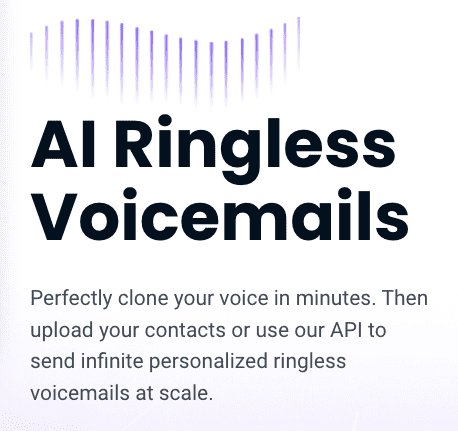Synopsis
Misgif is a groundbreaking AI-driven application crafted to elevate user interactions in group chats by enabling them to customize GIFs, television series, and movie clips with their selfies. Employing cutting-edge face-swapping technology, Misgif provides an entertaining and distinct method for engaging with media by incorporating user faces into a diverse range of video snippets and animated visuals. This platform features a comprehensive repository filled with trending television series, well-known films, and classic memes, offering a rich source for users to explore and convert into personalized entertainment.
The intuitive design of Misgif makes creating these tailored GIFs and videos straightforward. Users can effortlessly pick a clip from the library, submit a selfie, and the AI effectively completes the integration, merging the user's face into the selected content. This procedure not only enriches the social experience by imbuing digital interactions with a personal flair but also ignites joy and inventiveness among users.
Misgif is freely accessible with fundamental features, while premium selections are available for those desiring enhanced customization and expedited processing. Initially introduced as a web app, Misgif is broadening its accessibility by debuting an iOS application, extending its availability across various platforms to accommodate a diverse audience. Whether to inspire laughter in group discussions or create content for social media, Misgif emerges as a preferred tool for individualized digital expression.
Core attributes
- AI face-swap innovation: Misgif employs sophisticated AI to seamlessly merge user selfies into GIFs and clips from admired media, crafting personalized, amusing content.
- Vast media collection: The platform provides an extensive array of GIFs, television series, films, and memes, enabling users to discover and adapt their cherished scenes.
- User-friendly interface: Users can swiftly choose a media clip, upload a selfie, and let the AI manage the rest, rendering the creation process both simple and delightful.
- Interactive chat amusement: Misgif advances messaging by allowing users to share distinctive, personalized GIFs and videos, infusing creativity into conversations.
- Complimentary and premium options: The application is available for free with basic features, with premium services for better customization and quicker processing.
- Multi-platform accessibility: Available as a web app and soon as an iOS app, Misgif ensures its features can be enjoyed on various devices.
Advantages
- Instant editing: Misgif enables users to make modifications instantly, ensuring the final creation matches expectations, enhancing user contentment and interaction.
- Data protection: The platform emphasizes user privacy by securely managing uploaded photos and information, protecting against unauthorized access.
- Regular enhancements: Misgif frequently updates its media library and features, keeping content fresh and aligned with current trends and user interests.
- Social sharing capability: Users can seamlessly share their customized GIFs and videos directly to social media, increasing enjoyment and interaction among friends.
- Community-inspired features: Misgif encourages user participation by allowing them to vote on and propose new features or content, fostering a dynamic community environment.
Drawbacks
- Possible privacy concerns: Users might be concerned about the storage and usage of their uploaded selfies by the platform, potentially risking personal data exposure.
- Intellectual property challenges: Utilizing popular media clips may present legal challenges about copyright violations and content ownership.
- Reliance on internet quality: High-quality video processing necessitates stable internet, possibly limiting access for users with subpar connectivity.
- Restricted creative control: Although AI streamlines creation, it might limit users' ability to make detailed customizations to their GIFs and videos.
- Fluctuating AI precision: The AI's face-swapping precision might vary, resulting in less realistic or occasionally distorted images in some instances.



